If You Use Flushable Baby Wipes Read This Story. The Result Is Nasty!
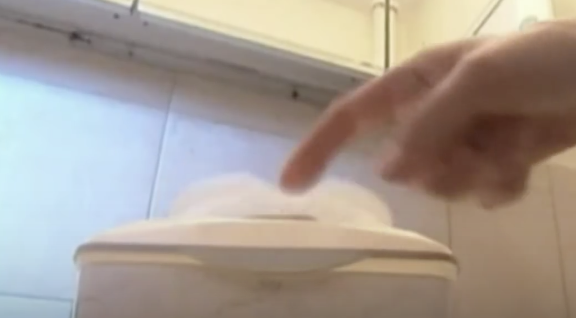
Wet wipes, or per-moistened personal hygiene cloths, have become a widely used product in the last ten years. Sales in 2013 alone reached 20 billion wipes sold and are predicted to grow by approximately 6% every year for the next five years. Around half of all wipes sold are marketed under the “flushable” label and deemed safe for septic systems by their makers. Across America sewer lines and pumps are backing up and becoming clogged with these “flushable” wipes because in reality they are NOT safe to flush. Those labels are marketing hyperbole used to sell more wipes to more people and we are only beginning to see the negative effects it is having on sewer systems.
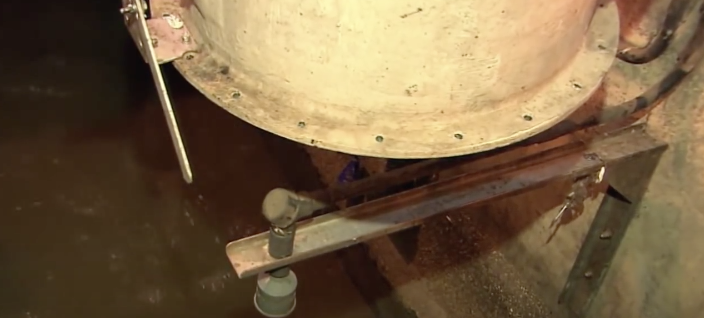
Toilette paper is made from tree pulp and is thus organic matter. Sewage treatment centers use a digestion system that helps with the breakdown of organic materials; basically poop, pee and toilette paper. That system, in combination with processes that absorb most toilette paper naturally along the way, had for a long time been enough to treat sewage waste. Until recently, when there came a huge uptick in the amount of wet wipes being flushed down the toilette.
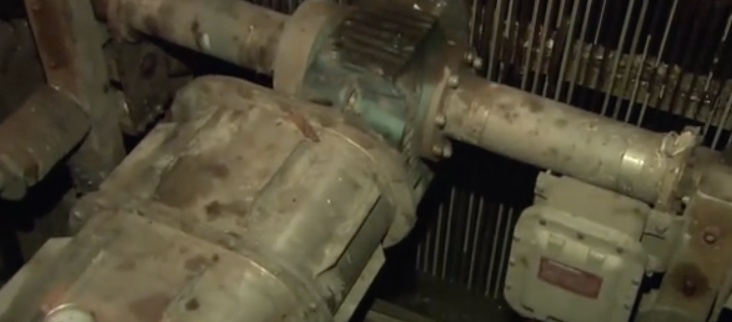
The main problem with this is the fact that wipes are made from synthetic plastic based materials that cannot be broken down naturally in the same way that organic materials are. Since they cannot be broken down they must be removed and separated out, like a plastic bag would need to be if it were flushed down the loo. A lot of wipes are filtered out but many still end up clogging sewer pipes and waste intake machines.
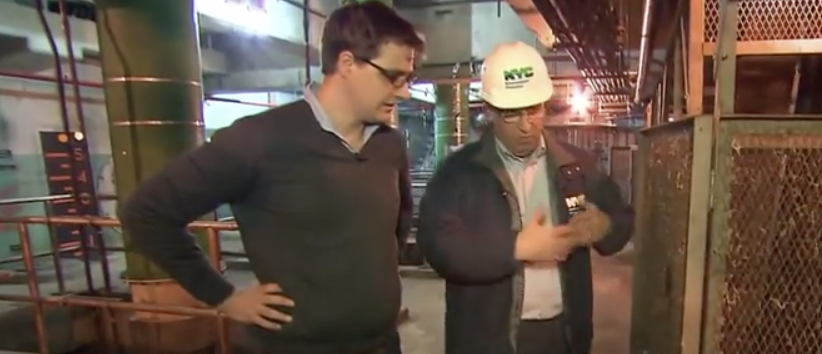
That has translated into millions of dollars of repair work to septic systems which is passed along to the taxpayers and residents who use these pipes and wipes. Officials in many cities report numerous instances of sewage pumps routinely becoming clogged and needing to be replaced. The lesson of this story will hopefully be commonsense one day soon, do not flush wet wipes regardless of whether they are labeled flushable or not. Instead, please dispose of them in the trash, where they will end up anyways but without adding up to unnecessary, nasty, costly clogs.
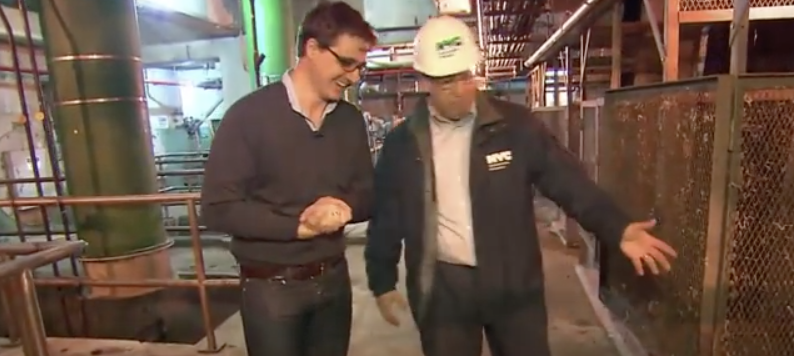
Please Share With Family and Friends




